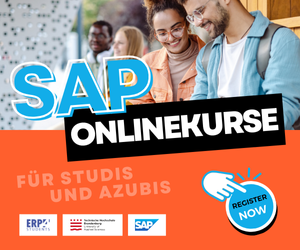Sommersemester 2025
- Einsendearbeit 1 (Abgabetermin: 01.06.2025)
- Einsendearbeit 2 (Abgabetermin: 15.07.2025)
Online-Klausur
Di., 10.09.2025, 11:45 – 13:45 (Prüfer: Smolnik)Modul in den Studiengängen
- B.Sc. Wirtschaftswissenschaft
- B.Sc. Wirtschaftsinformatik
- M.Sc. Wirtschaftswissenschaft
- M.Sc. Wirtschaftsinformatik
- M.Sc. Wirtschaftswissenschaft für Ingenieur/‑innen und Naturwissenschaftler/‑innen
“Knowledge is power.” (Thomas Jefferson)
In the age of globalization, knowledge management (KM) is gaining importance and has become vital for business success. The creation, transfer and retention of knowledge play a key role in any business process. It is especially crucial for corporations and large organizations that all of their employees worldwide can access important knowledge. The future of KM is still a major task on the organizational horizon, especially for organizations surviving in a society focused on knowledge, or those aiming to expand their market leadership.
KM entails the systematic use of organizational instruments as well as information and communication technologies to create knowledge, and to make knowledge available und usable – oftentimes facilitated by software or tools. KM’s objective is to enhance organizational competitiveness, and to improve performance and efficiency of business processes in order to reach organizational goals. Furthermore, the adoption of community management and collaboration tools is a driver for sharing ideas and promoting innovations. KM may also stimulate cultural change and organizations to meet the changing needs in times of globalization and digitalization.
The module introduces KM’s fundamental actions fields (content, community, competence, and culture) and motivates their importance for organizational strategy and performance. Furthermore, it covers different KM architectures as well as selected technological aspects. Practical examples as well as short case studies illustrate this module’s contents and give valuable insights into real-life KM challenges.
The module’s aim is to provide an overview of different KM aspects, strategies and architectures, and how different KM tools have developed over time. Furthermore, students should be able to identify KM challenges in their own workplace but also be capable to come up with solutions and strategies to solve these.
The module is addressed towards bachelor and master students of Business Administration, Economics, and Business Informatics. Nonetheless, it may also be interesting and valuable for any other students interested in organizational processes and challenges.


